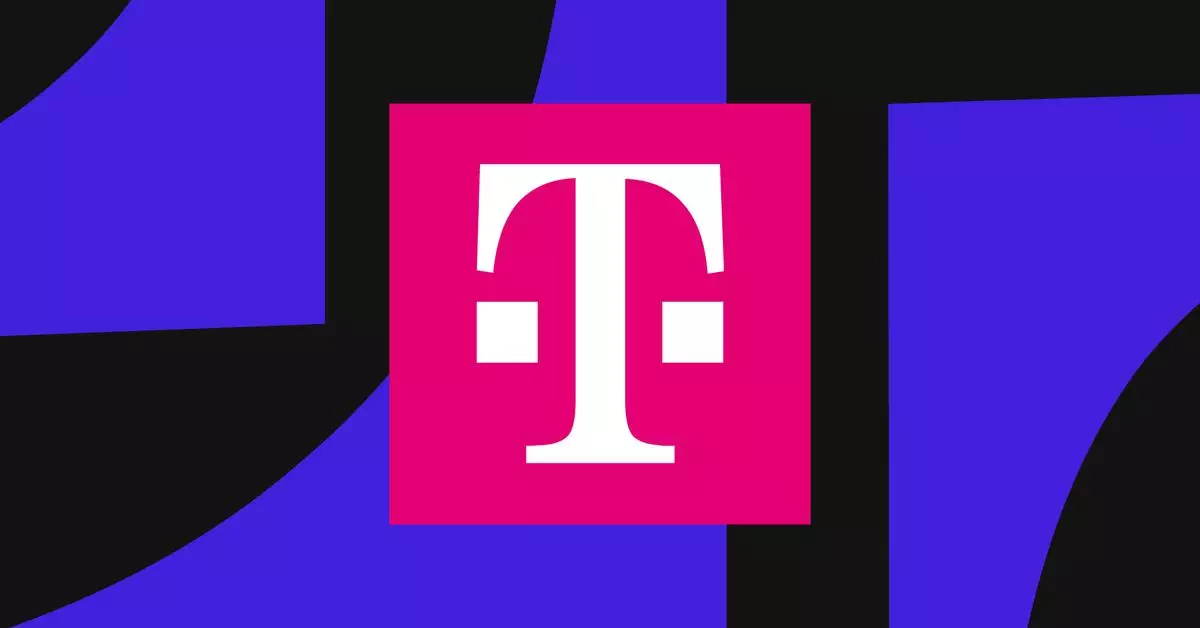T-Mobile, a leading player in the telecommunications industry, is making headlines not just for its services but for an extensive investment aimed at overhauling its cybersecurity practices. Following a series of high-profile data breaches that have compromised sensitive customer information, including social security numbers and driving licenses, the company finds itself under the scrutiny of the Federal Communications Commission (FCC). The settlement reached with the FCC marks a significant, albeit costly, acknowledgment of the need for improved cybersecurity measures.
As part of the settlement agreement, T-Mobile will funnel $15.75 million into enhancing its internal cybersecurity frameworks, an amount identical to the civil penalties imposed. This dual financial commitment reflects the severity of its infractions and highlights a critical lesson for the industry: negligence in cybersecurity can have dire financial implications. Just recently, T-Mobile incurred a hefty $60 million penalty due to its failure to promptly report unauthorized access incidents—violating terms of its national security agreement post-acquisition of Sprint. The legal and financial ramifications serve as a wake-up call not just for T-Mobile, but for all companies navigating the treacherous waters of data security.
The FCC’s announcement of this “groundbreaking” settlement is indicative of an increasing trend in regulatory bodies pushing for enhanced cybersecurity practices across various sectors. The commission emphasized the diverse nature of the breaches T-Mobile faced, with varied exploitations and attack methods coming to light over the past three years. This scrutiny is not just a slap on the wrist; it’s a directive establishing a framework for industry-wide improvements. T-Mobile’s experience serves as a case study for other companies to observe the importance of vigilance in cybersecurity as both a best practice and a regulatory requirement.
In response to its vulnerabilities, T-Mobile has committed to a multi-faceted approach to cybersecurity enhancement. Central to this strategy is the introduction of a zero-trust architecture, which emphasizes continuous verification of user identities and strict access controls. This modern framework is essential for safeguarding sensitive information and is recognized as a pivotal shift towards creating a resilient security posture.
Moreover, T-Mobile will significantly enhance its identity and access management processes, a move underscored by the adoption of multi-factor authentication methods. Such measures tackle one of the most significant vulnerabilities in cybersecurity—breaches stemming from compromised authentication credentials. By prioritizing these best practices, T-Mobile aims to minimize risks inherent in credential misuse, a leading cause of ransomware and other cyber threats.
The road to cybersecurity resilience is not built overnight; it requires a culture that values and prioritizes security at every level of the organization. T-Mobile’s Chief Information Security Officer will now deliver regular updates to the board, ensuring that cybersecurity remains a prominent concern at the highest levels of corporate governance. This commitment not only enhances oversight but signals a broader shift where corporate boards take proactive roles in protecting sensitive customer data.
As T-Mobile embarks on this intensive journey to fortify its cybersecurity framework, it serves as a critical case for other businesses to learn from. While the stakes have never been higher, the company’s significant investments might ultimately transform its security posture and restore consumer trust in the wake of previous failures.

